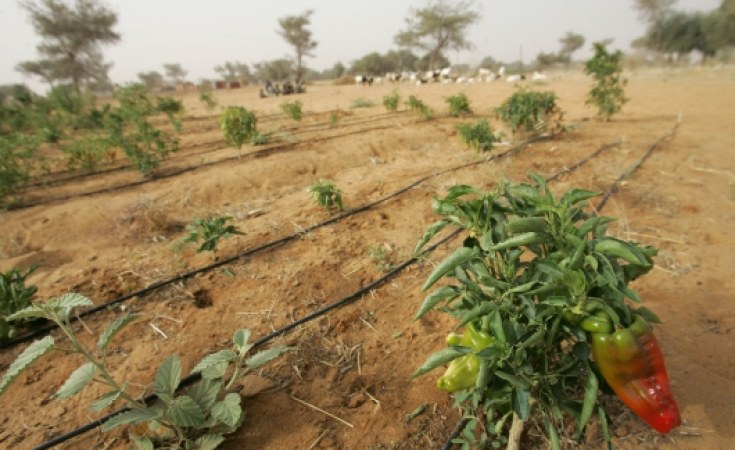Cape Town — The “enormous potential” of small-scale farming to reduce poverty in Africa is not being realised mainly because rural women are neither recognised nor supported enough in efforts to develop agriculture, says a major report released today.
The Africa Agriculture Status Report, published by the Alliance for a Green Revolution in Africa (AGRA), says women have less access than men to land, credit, agricultural technologies and markets.
“In many parts of Africa,” the report says, “most women have limited land-use rights and have no control over production and management decisions. Women's rights to land and property are very limited and dependent on their marital status.
"Studies have shown that although women contribute more than 70 percent of agricultural labor, they own only 1 to 2 percent of land in Africa, with most of them only accessing land through male relatives.”
Women have less access than men to improved seeds and to fertilizers. They also have less access to finance, making it difficult for them to pay for transport and storage or to rent stalls. They face obstacles in joining cooperatives and producer networks and they are not as well served as men by agricultural advisory services.
The report adds: “Providing women the same access to productive resources as men could increase yields on their farms by 20 to 30 percent.”
It says that improving the position of women calls for concerted efforts by policy-makers, development practitioners, the private sector and civil society: “Policy interventions and development responses that remove barriers to women's access to productive inputs and agricultural services will generate substantial productivity gains for women.”


